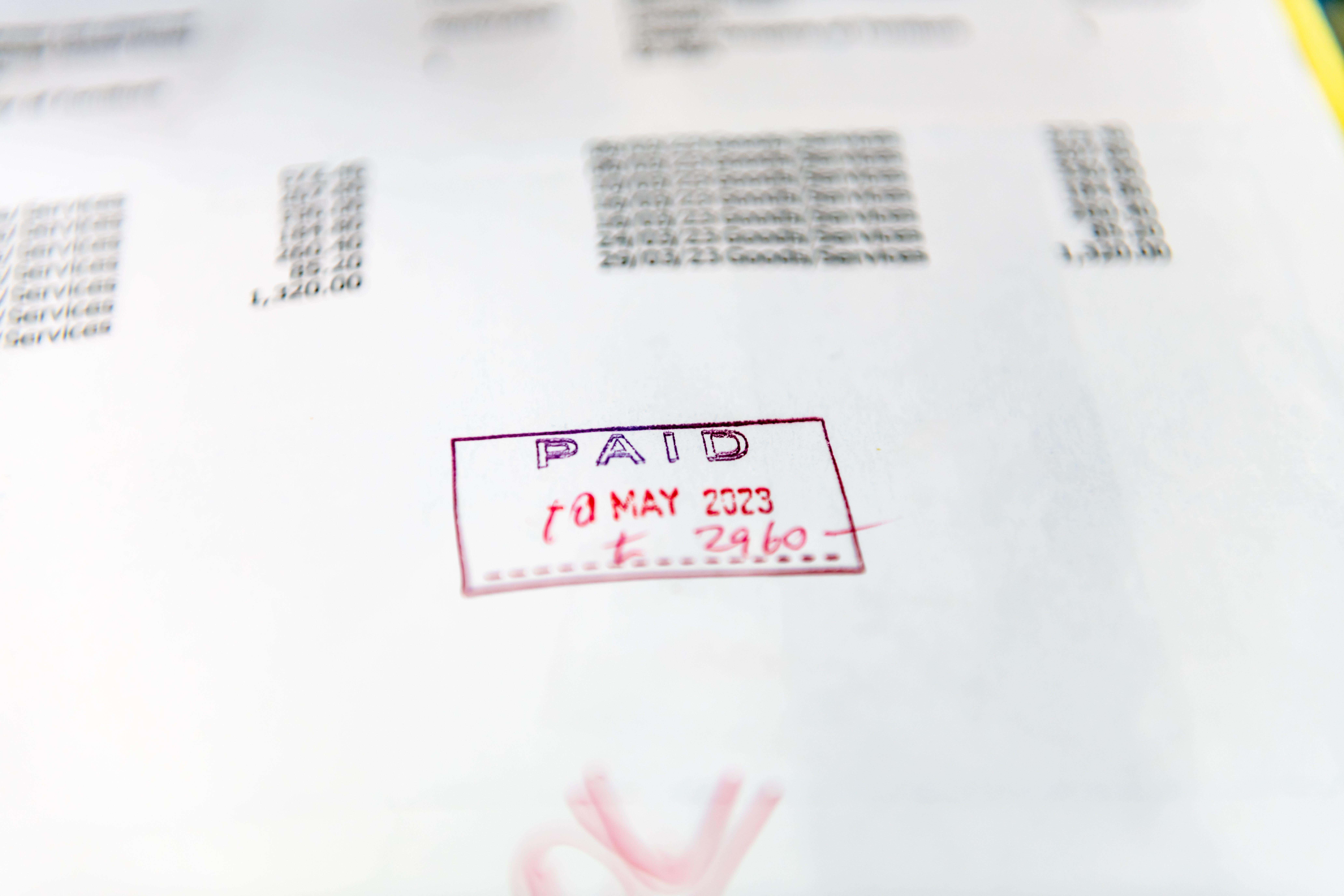Reynolds: Crackdown on late payments to small businesses is Government priority
The measures will aim to decrease instances when a firm is late paying for goods or services, which can impact smaller businesses’ cash flow.

Your support helps us to tell the story
From reproductive rights to climate change to Big Tech, The Independent is on the ground when the story is developing. Whether it's investigating the financials of Elon Musk's pro-Trump PAC or producing our latest documentary, 'The A Word', which shines a light on the American women fighting for reproductive rights, we know how important it is to parse out the facts from the messaging.
At such a critical moment in US history, we need reporters on the ground. Your donation allows us to keep sending journalists to speak to both sides of the story.
The Independent is trusted by Americans across the entire political spectrum. And unlike many other quality news outlets, we choose not to lock Americans out of our reporting and analysis with paywalls. We believe quality journalism should be available to everyone, paid for by those who can afford it.
Your support makes all the difference.Cracking down on late payments to small businesses is a “priority” for the Government, Jonathan Reynolds has said.
The Business Secretary said ministers expect greater transparency from large businesses on the late payment of invoices to smaller firms.
The measures will aim to decrease instances when another business is late paying for goods or a service, which can leave smaller suppliers cash-strapped while they await the money they are owed.
The issue is costing small businesses £22,000 a year on average, and leads to 50,000 business closures a year, according to the Department for Business and Trade (DBT) and research by the Federation of Small Businesses.
Mr Reynolds told BBC Breakfast: “At any one time, if you look at the figures, about half of SMEs, smaller businesses in the UK, are experiencing this.
“A lot of money they lose, but also the time chasing payments, and as part of a better, a stronger, a fairer economy, tackling this is a priority for us, so it’s great to be able to get on with that job and see the response that’s got.”
The Government said it is consulting on “tough” new laws that will hold larger firms to account and ensure cash flows into businesses.
The consultation is set to consider a range of policy measures that could help address poor payment practices.
Mr Reynolds said the Government will oblige “full transparency” from larger companies on how they are paying smaller businesses.
He said: “It’s not just about giving people rights to enforce. If you’re a smaller business and you’ve got a bigger supplier, you might have the right, but you can’t enforce it, because the power in that relationship isn’t the same.
“Transparency lets us clearly see what is going on, depending on the size of the contract, it would need to be 30 working days or 60. So there’s a clear transparency around that.”
The Business Secretary “quite significant penalties” for not paying already exist but the lack of information means the rules are not being adequately enforced.
He said: “That already exists but because the transparency isn’t there, some of those existing enforcement mechanisms aren’t really being used.
“So for instance, a director could be liable already for a limited fine, depending on how egregious the delay is, so we’re going to crack down on enforcement using some of those powers.”
Mr Reynolds also said the Government plans to bring in a “fair payment code” that will reward businesses that follow payment regulations with a “gold, silver or bronze” accreditation.